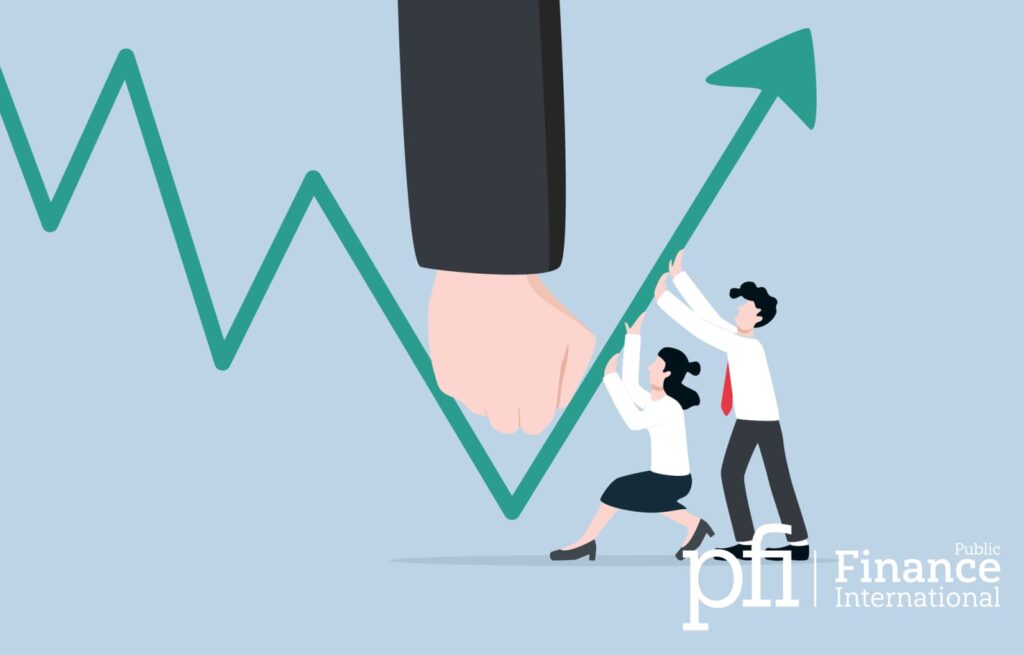A short squeeze is when many investors bet against a stock and its price increases instead. A short squeeze rapidly increases a stock's price, pushing short sellers out to cut their losses. Contrarian investors try to predict a short squeeze and buy stocks with a strong short interest.
A short seller can be put in a situation where he or she needs to make quick decisions to minimize the loss. For the sake of purchasing shares of assets after declining in value, a short seller borrows shares of assets. Given that they are right, the short seller returns the shares and keeps the price difference between when the short position started and when they repurchase the stock to close it.

Tesla Short Squeeze
A short seller focuses on a stock that the market has overvalued. Tesla, for instance, sparked the interest of a lot of investors by using a creative strategy for creating and promoting electric vehicles, causing them to stake a big wager on the potential of the strategy. Short sellers staked a lot of money on it failing. Tesla came first on the shorted stocks list on the US exchanges. The company’s stocks increased over 400 percent from the end of 2019 to the beginning of 2020.
Short sellers suffered severe losses, totaling roughly 8 billion dollars. And following a market downturn in March 2020, the stocks of the company dropped, as well as the majority of other ones. During a few-day sell-off, short sellers earned nearly fifty billion dollars.
As previously said, a short seller opens a position on a stock they anticipate will lose value. No matter how strong their justification is, a product launch or a news item can overturn it. The change in the stock's fortunes could only last a short period.
Otherwise, short sellers may experience massive trading losses as the expiration date of the position draws near. Short sellers typically decide to sell out right away, despite the possibility of suffering sizable losses.
The short squeeze enters at this point. Each time short sellers buy, the price rises, compelling other short sellers to follow suit.
GameStop Short Squeeze
Short sellers suffered significant trading losses due to the short squeeze that occurred in the first month of 2021 on the stock of GameStop, a US electronics retail company. To cover the positions, there was a big rush to purchase stocks, which caused the company's stock to surge even more. While some hedge funds got involved, the short squeeze was first started by communities of retail traders on the internet.
On the 28th of January, the stock price of the company increased to a pre-market value of more than $500/share. Multiple other assets, including crypto, witnessed a price increase as well.
Some brokers, including Robinhood, stopped purchasing GameStop on the 28th of Jan since the collateral they would be able to post at clearing houses the next day would not be enough to carry out the orders of the clients. As a result, famous business and political leaders criticized what happened and charged the decision with market manipulation.
After reaching a peak at the end of January, the exceptionally high price and volatility persisted. Next month, the stock price of the company experienced a 90-minute double-digit increase before averaging around 200 US dollars per share for an additional month. Following the release of earnings and Gamestop's announcement that a fresh secondary stock offering would take place, the company's stock price dropped 34% that day. The stock saw a recovery on the 25th of March, increasing by 53%.
Word of Caution
If you look around, you will find numerous instances of stocks rising after experiencing heavy short interest. However, you will find other ones whose prices continue to decline.
Heavy short interest cannot be a certain indicator of a rising price. It only denotes widespread consensus that the price is expected to fall. People purchasing the stock in anticipation of a short squeeze are recommended to other rationales behind believing that the stock price will increase.




